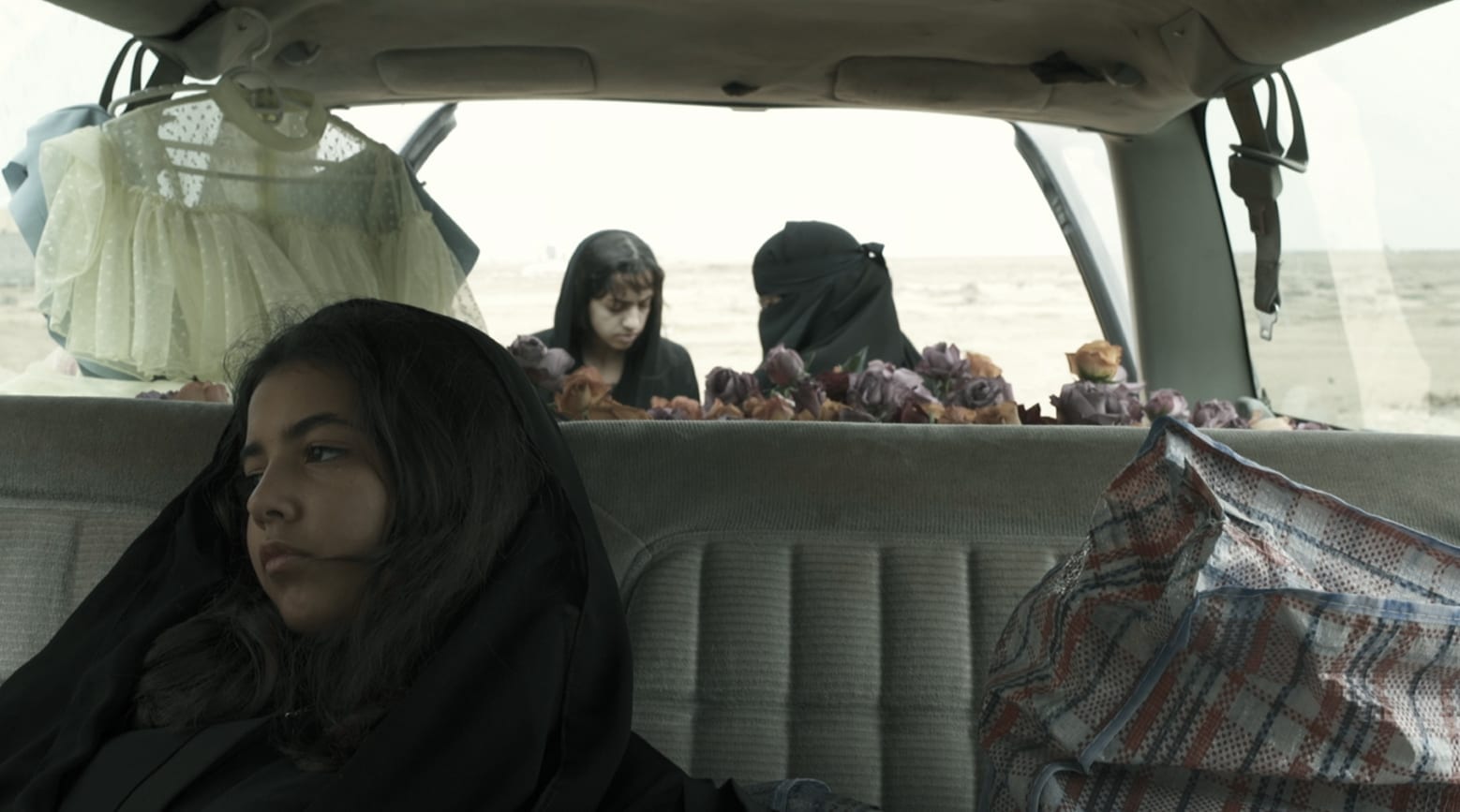Lifestyle
7.7.2021
Saudi 7th art gets invited to Paris

An industry still in its infancy Present for the evening, Edouard Waintrop, film critic, cinema operator and incidentally general delegate of the Directors’ Fortnight of the Cannes Film Festival, did not hide his enthusiasm at the idea of being involved in the development of a film industry still in its infancy in the kingdom. Indeed, […]
An industry still in its infancy
Present for the evening, Edouard Waintrop, film critic, cinema operator and incidentally general delegate of the Directors’ Fortnight of the Cannes Film Festival, did not hide his enthusiasm at the idea of being involved in the development of a film industry still in its infancy in the kingdom. Indeed, in addition to the multiple hats mentioned above, the man in the scarf was above all present in his capacity as artistic director of the Red Sea International Film Festival. “Saudi cinema is a flower in the process of blooming, of which you will be invited to admire some of the petals“, he metaphorized during his speech given as a preamble to the evening. It was therefore necessary to understand, by reading between the lines but especially by questioning him for a few minutes, that the evening was not intended to deliver all the secrets of Saudi cinema in one block, nor to display all its talent from the start. “Several films are not presented tonight because we are also saving them for the Red Sea”. Duly noted, we’ll keep the popcorn bags in the closet until then.
See also
5 Arab films to watch at the Oscars
A great artistic sensitivity…
Certainly, Saudi cinema is still very young, almost embryonic. After all, until recently, it was still prohibited in the country. But the new generation of Saudi creators did not wait for theaters to open all over the country -as is the case at the moment- to find vocations. Thus, in the footsteps of the now inescapable pioneer Haifaa Al Mansour (Wadjda, The Perfect Candidate), a host of young filmmakers, as inspired as they are talented, are already walking. This is particularly evident in the choice of clean shots by Sara Mesfer (The girls who burned the night), and Hisham Fadel (Ongoing Lullaby) or in the disconcerting ease with which Mohammed Alholayyil indulges in one of the most difficult exercises in cinema: the closed-door film, because Forty Years and one night is one, or almost one, and by alternating between pressure and mood, he manages to keep the viewer on the alert throughout the film.

… and societal
Obviously, in a country undergoing such societal changes, it seemed almost inevitable that a number of issues would be addressed in the films shown. Appropriately, the place of women in Arab society was central to many of the works presented. Female characters were well written, but above all remarkably played by actresses of all ages. However, one detail is worth noting: the younger the women portrayed, the more rebellious they are, like the young pyromaniac sister in The Girls Who Burned the Night, or the runaway sister in Forty Years and One Night. Another striking fact is that this societal sensitivity does not only apply to saudo-centric issues, quite the contrary. In Ongoing Lullaby, the inner voice that tortures the main protagonist could be addressed to almost anyone on earth, as it corresponds to everyone’s doubts about his or her reason for living, his or her role in modern society, and the impact that his or her passage will leave on our dear old blue planet.

In the end, we come out of this cinematographic journey a little bluffed, a little moved, but above all, with the clear impression that Saudi cinema has not finished surprising us. In fact, it has just begun…
popular

